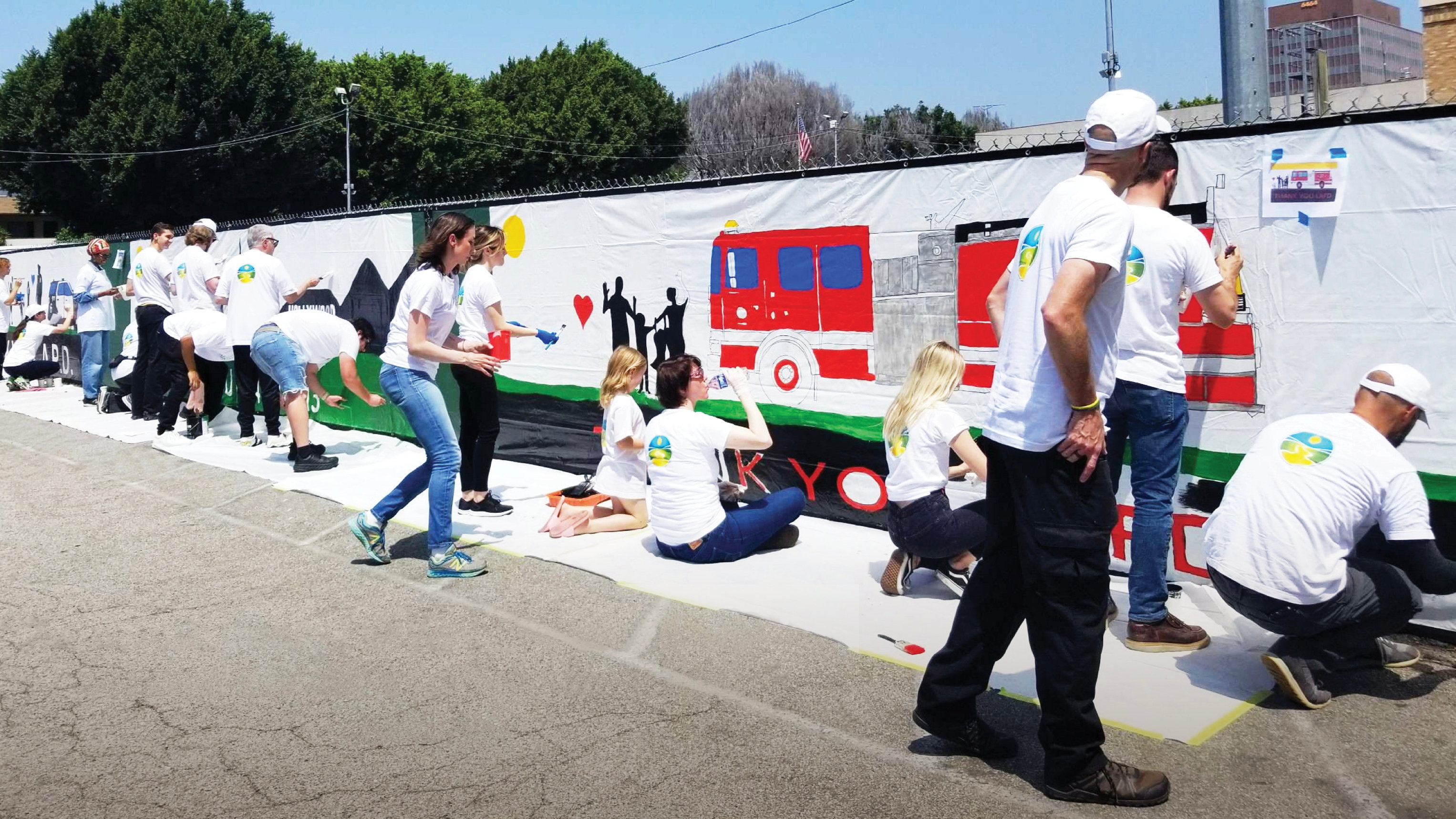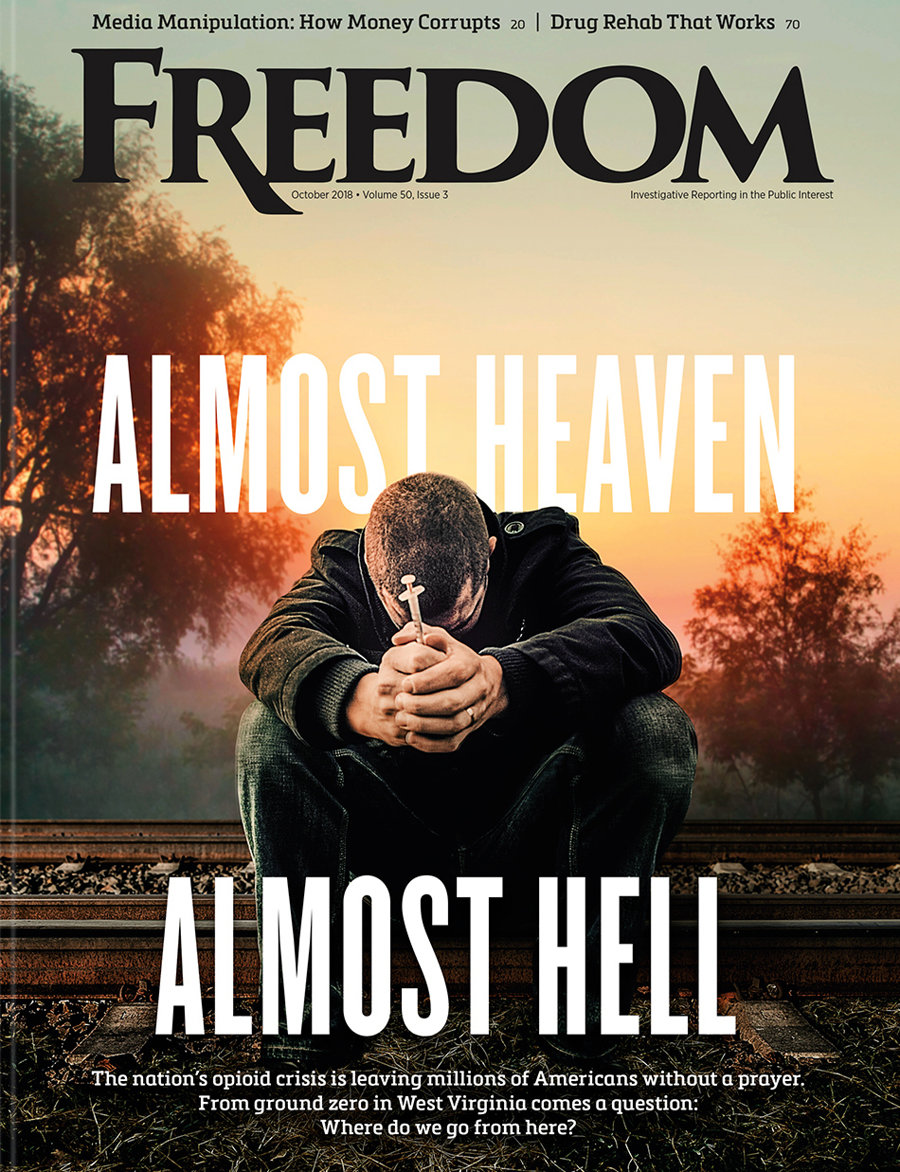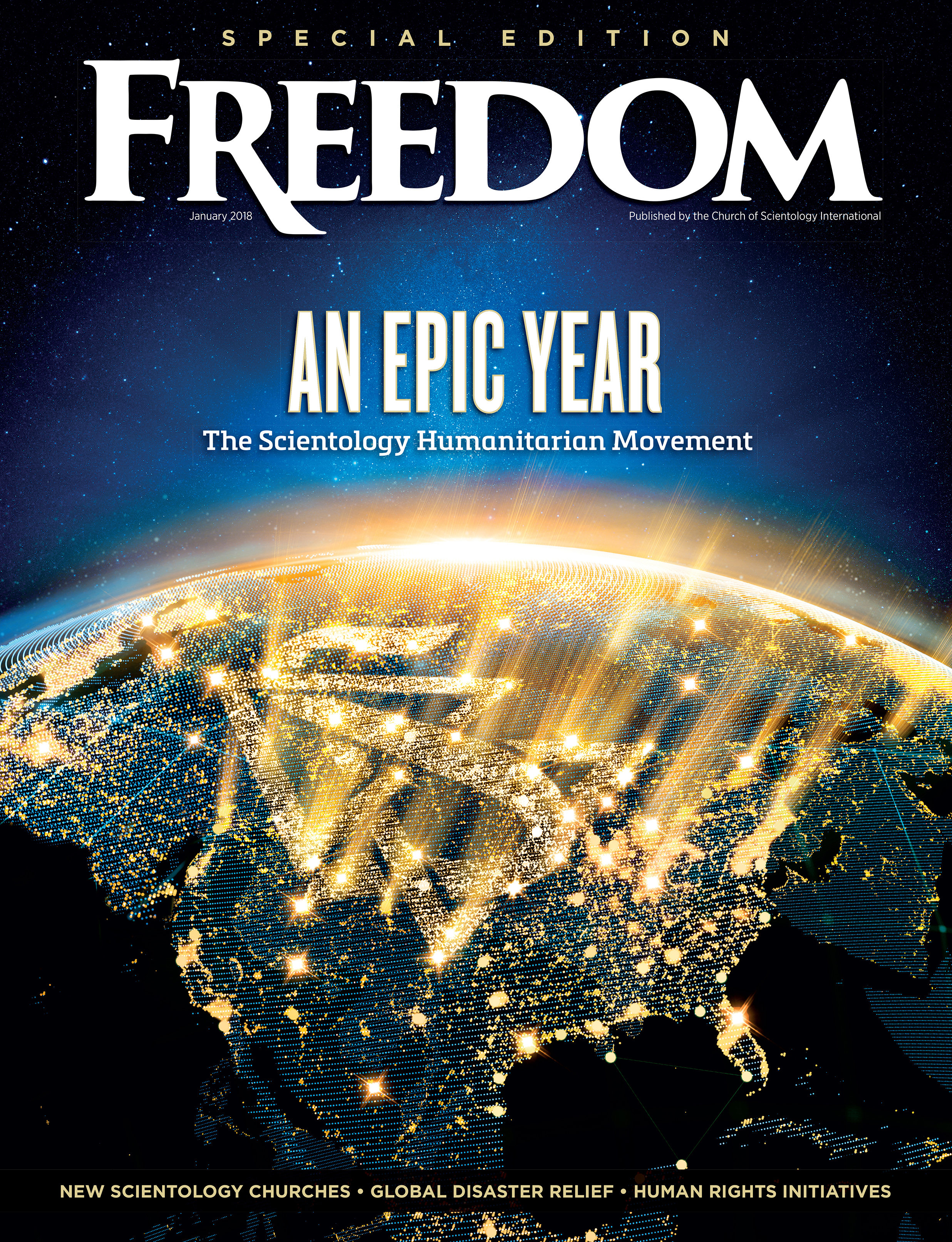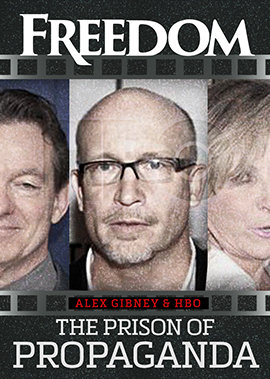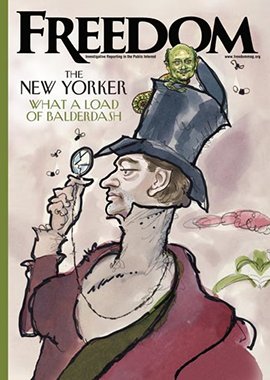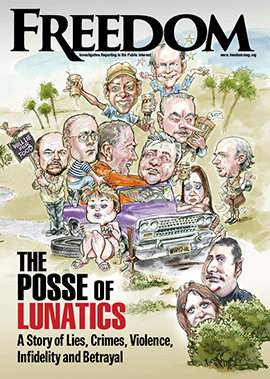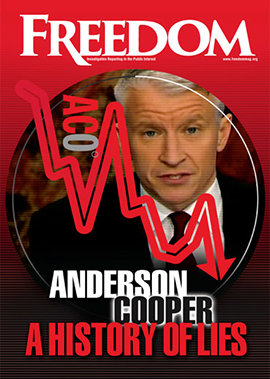The other city, not pictured in the brochures or shown on the guided tours, consists of communities mainly in the Northeast and Southeast quadrants of the capital.
These, the poorer parts of DC, are also the most crime-ridden, accounting for a disproportionate amount of the city’s violence. Every two hours, a violent crime is committed. Every 36 hours, that crime is homicide.

In the 1990s, when Warees Majeed was growing up in Northeast, the average murder rate in DC was 435 per year. But with loving parents active in the community, Warees, now the subject of a Voices for Humanity episode on Scientology Network, had a strong base rooted in the good side—the giving side—of life.
That all changed when his dad, his best friend and mentor, died. At age 10, Warees found himself without his anchor. “That’s a very critical age, especially for a young Black man like myself in the inner city. You’re looking for someone to help you, to give you some direction. And when you don’t have that, you’re going to go out and find it.”
Young Warees was, like so many of his friends in Northeast DC, “impacted by the street culture.” He describes the fantasy life his friends thought they could obtain easily through drug dealing and other crimes. “Whether they become gangsters or thugs or whatever you may want to call them, when they’re lost, that’s the life that they turn to,” he says. “We see individuals who look like they’re living what we want to call an American dream, where people are chasing the shiny jewels and the nice houses and the nice cars and things like that, but it’s not a reality. I’ve only seen death. I’ve seen a loss of life, the loss of freedom.”
Many days would begin with a call from a mom crying because she’d lost her child and from young men phoning from jail, terrified they’d never get out.
At the latest count there are over 3,500 gang members in DC. Warees Majeed was one of them. He used and sold drugs. Guns and violence were just part of the daily scene.
And then the arrests began. At 18, sitting in a jail cell, he decided, “I have a greater purpose, and this is not it. Going to jail for the rest of your life, isn’t it. Destroying yourself through drugs and everything else, isn’t it. This lifestyle that you chose wasn’t it.”
He remembered how his parents set an example of how to give to the community rather than take from it. He remembered what a North Star his dad had been to him and decided to make a change.
Once out of jail, he reinvented his life. He connected with the right people, did the work and, through perseverance and commitment, in short order became the city’s youngest Advisory Neighborhood Commissioner, worked with many nonprofit organizations, listened and learned.
In 2009, he was ready. He took over YAAY ME!, a local nonprofit that supports historically underserved communities in DC by providing resources to the city’s youth, adults, their families and those who serve them. For the next dozen years, he did the “heart work,” and tried to be “that calming voice.” He convinced kids who didn’t want to attend school that the classroom was where they needed to be. Many days would begin with a call from a mom crying because she’d lost her child and from young men phoning from jail, terrified they’d never get out.

“Something that almost the majority of the community is faced with is absentee fathers. The fathers are dead, a lot of them are also locked up, just not present within the household. And when you void that from that community, you see the impact,” Warees says.
After years of helping kids stay in school and serving the community in many other ways, the locals began to call him “The Honorary Dr. Majeed.” Warees explains, “They believe that I’m one of the individuals in this community that’s really healing the community, doing what’s necessary on the level of a doctor.”
Still, he knew something was missing—a curriculum, a step-by-step program to help the community overcome hopelessness and restore a sense of direction and, with it, self-respect.
By 2019, YAAY ME! began reaching out to other organizations to help and be helped. “That’s when we were introduced to an organization that was doing The Way to Happiness,” he says. Warees found the simple common sense guide to better living written by L. Ron Hubbard, comprised of 21 precepts, to be “amazing. It was just something that humanity needed.”
He swiftly integrated The Way to Happiness into the YAAY ME! program. Precept by precept. “Set a good example,” Warees’ favorite, aligns with his own creed: “To be the best version of myself. But also to provide a blueprint for every individual that I come in contact with, of how to be the best version of their self.” Observing “Be of good appearance” inspires the class to learn how to look and dress professionally. “Look,” “Learn” and “Practice” empowers program participants who aspire to become podcasters, rappers and singers.
And so the transformation goes, precept by precept.
“We are building the next generation of men to step in, to be those fathers, to take that community role on,” Warees says, proudly reflecting on his team’s achievement.
The national success rate in rehabilitation programs like Dr. Majeed’s is 50–60 percent. YAAY ME!’s success rate is over 91 percent.
To date, Dr. Majeed and his team have held 350 community events and forged 200 community partnerships.
Goodwill, hope and self-respect pumped back into a community starved for those vital commodities produced a seven percent drop in violent crimes in one year.
As Trevon, a YAAY ME! program graduate, put it, “When you open up that Way to Happiness book, every page is filling you up with good messages.”
Malik, another graduate, said of the program, “I feel like I can help people more than I can hurt people, and I feel comfortable doing it.”
Nokomis added how his life changed: “It’s a good life. It’s a peaceful life. To wake up in the morning and be happy, you know, with what the day has to provide for me.”
And as for the Honorable Dr. Majeed? “This is definitely my life’s work,” he says. “So, I’m going to continue fighting, continue pushing until everybody understands what it looks like to find their way.”





